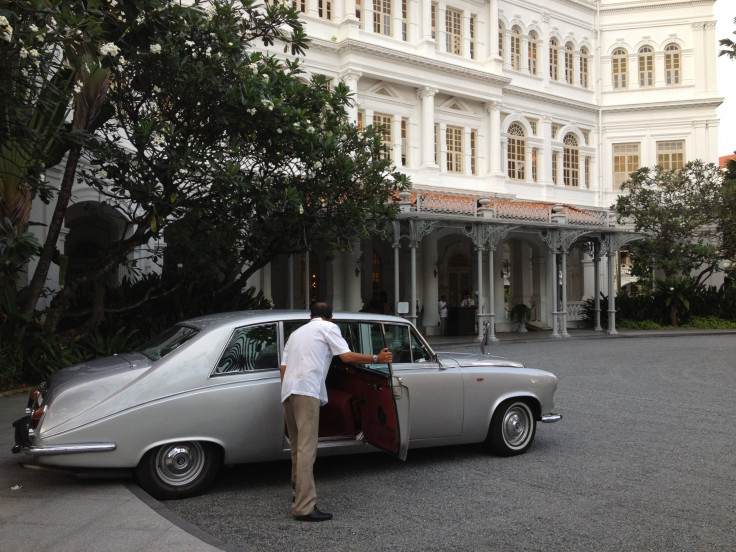Singapore Supercar Sales Tax Pummels 2013 Auto Purchases; Famous High-End Brands Like Maserati, McLaren and Rolls Royce Feeling The Pinch

Singapore, the city-state at the tip of the Malay Peninsula that has risen in recent decades to become an important global financial center, has seen the wealth of its estimated 5.3 million people increase significantly.
And as this growth continues, the tiny country is seeing income inequalities increasing along with the number of cars on the road. As a result, the government has implemented measures to boost public revenue while also curbing the number of private vehicles in a place that is less than a fifth the size of Rhode Island, the smallest U.S. state.
This crackdown doesn’t bode well for luxury-car retailers, especially at the very top end. In 2011, British supercar maker McLaren planted its dealership flag in Singapore. Two measures introduced in last year’s government budget have put a damper on the ambitions of McLaren’s and other dealers in top-end wheels. It also doesn’t bode well for cars in all segments, either, that have seen sales fall from 2012.
The Financial Times reported on Thursday that supercars sales have declined 90 percent thanks to the measures. One of them boosted the tax on the purchase of vehicles while the other increases the minimum down payment to finance the purchase of autos. While the measures affect all car buyers, the priciest cars are hit the most.
For decades Singapore has tried to mitigate the growth of vehicles in order to assure the expansion of the road network doesn’t fall behind the growth in passenger cars plying those roads, so the government’s move is aimed at raising more revenue while also curbing the growth of the city-state’s vehicle fleet.
The FT surveyed local top-end auto dealers and found that half as many McLaren high-performance sports cars were registered in the last six months of 2013 while sales of Lamborghinis were down 85 percent. Rolls-Royce and Aston Martin dealers reported similar numbers.
The volume of supercar sales is, as you would expect, the lowest of any vehicle segment. Only eight McLarens were sold in the last half of 2013 even if it was a precipitous 53 percent drop from the same period last year.
The bigger picture is how the government’s measures have affected total auto sales. Official figures from Singapore’s Land Transport Authority show sales are down for seven of the top 10 best-selling brands, with only Audi, Mazda and Jaguar reporting growth from 2012.
© Copyright IBTimes 2024. All rights reserved.












